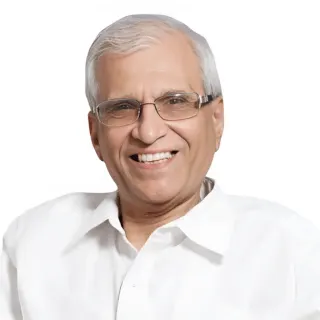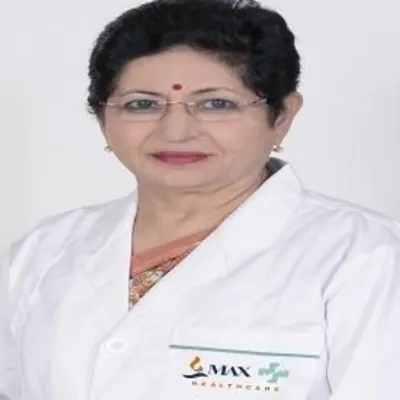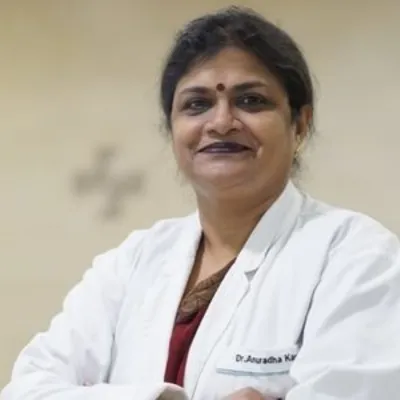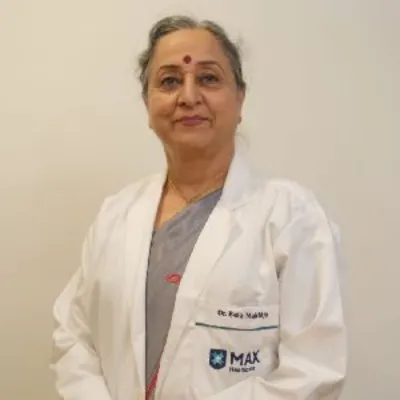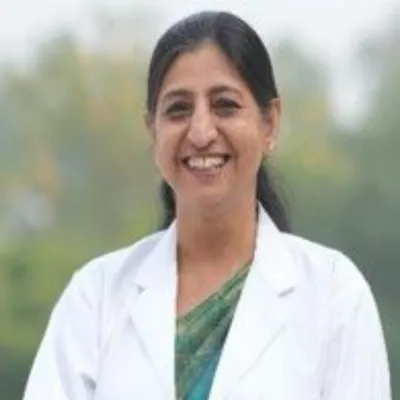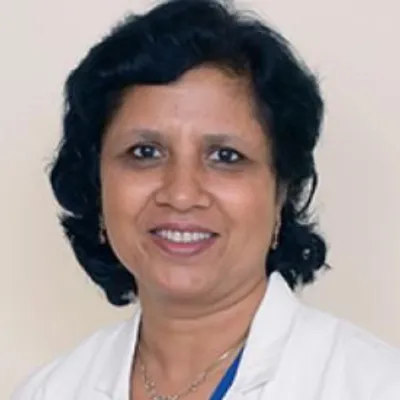Best Cosmetic & Plastic Surgeons in Indraprastha Apollo Hospital Delhi
 29 January,2026
Read More
29 January,2026
Read More
Enquire now in case of any assistance needed
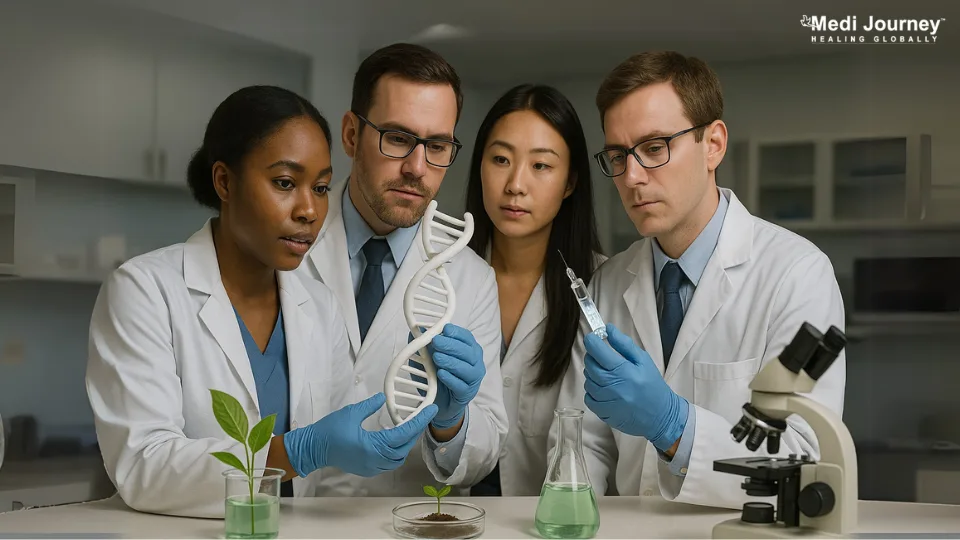
Among the various terms related to cancer, chemotherapy is likely the most recognized. It may often be the first one that comes to mind. However, is it always the initial treatment option? Not necessarily.
Instead, it always takes a back seat when multiple mild side options are available, resulting in fewer side effects. Many of us are eager to look for alternative cancer treatments. Thanks to recent research and advances in medical oncology, we are now better able to manage cancer.
Genetic tests are available to decide whether you genuinely need a chemotherapeutic treatment. For many people, there is a wide array of drugs available on the market. Some drugs target your cancerous cells by activating specific proteins on their surfaces. These alternative treatments are increasingly valued as more oncologists seek to promote better options than chemotherapy.
Fill up the form and get assured assitance within 24 hrs!
Many of us have concerns about chemotherapy. And why not? The procedure has many side effects. Some of these include nausea, hair loss, fatigue, and other symptoms associated with the treatment. Such fears often compound with uncertainties regarding whether the treatment will succeed. It also severely impacts our daily lives.
There are several side effects of undergoing chemotherapy:
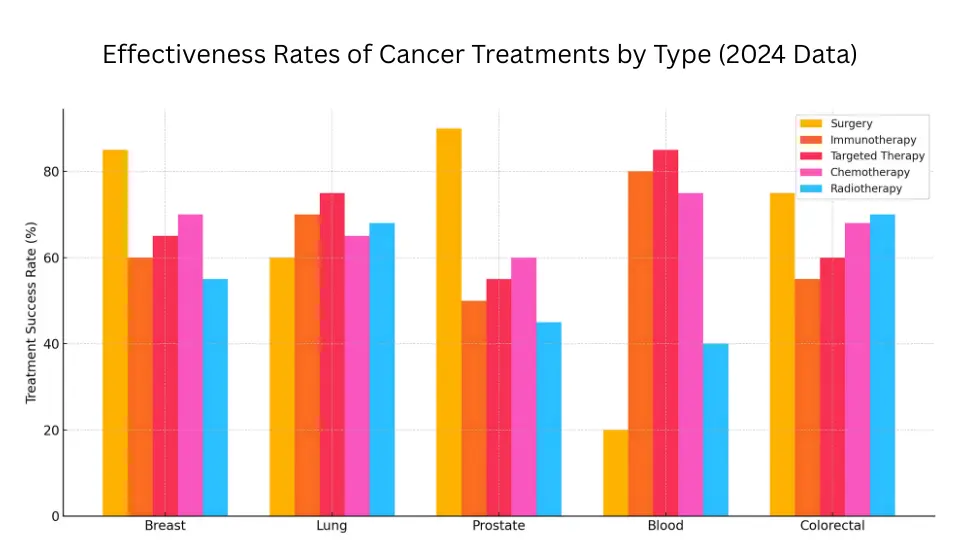
This graph provides a comparative overview of how different cancer treatments—surgery, immunotherapy, targeted therapy, chemotherapy, and radiotherapy—perform across major cancer types, including breast, lung, prostate, blood, and colorectal cancers.
The clustered bar chart helps visualize which treatments yield the highest success rates for each cancer type, offering insight into how personalized approaches can optimize outcomes. For example, surgery remains highly effective for localized breast and colorectal cancers, while immunotherapy shows promising results for blood cancers. This data highlights the evolving landscape of oncology, where treatments are tailored to cancer biology and patient needs—underscoring the importance of alternatives to chemotherapy in modern cancer care.
While alternative treatments are harnessing public attention, they may not play an active role in curing your cancer completely. However, they assist you in managing the signs and symptoms that your cancer might cause. Here are some of the best alternative treatments available in medical science:
Hormonal therapy, also known as endocrine therapy, is used to treat hormone-sensitive cancers, such as certain types of breast and prostate cancer. This therapy works by either lowering the levels of hormones in the body or blocking their effects on cancer cells.
Some effective hormonal therapies are:
Immunotherapy is a procedure for boosting the immune response to cancerous cells through IV infusions. It is beneficial for several cancer types, including advanced and hard-to-treat cancers.
Immunotherapy works in two ways: by boosting the immune system to recognize and attack cancerous cells or by directly targeting them.
The effective immunotherapies are:
Radiotherapy, also known as radiation therapy, uses high-energy radiation to destroy cancer cells or shrink tumors. It is widely used across many cancer types, particularly for localized cancers, and can be administered alone or in combination with other treatments like surgery and chemotherapy.
CAR T-cell therapy is an advanced form of immunotherapy, mostly finding its worth in treating blood cancers. It is medically known as Chimeric Antigen Receptor (CAR) T-cell therapy.
In this procedure, your oncologist will harvest the T-cells from your immune system to genetically modify and multiply them in a laboratory setting. The oncologist will then place it back in your body.
The next advancement of immunotherapy is neoadjuvant therapy. It is quite beneficial if you are in the early stages of cancer progression.
Your oncologist will usually recommend this therapy before you undergo surgery so that it shrinks your tumor. Once your tumor is shrunk, it becomes easier for your oncologist to remove it through surgery.
Targeted therapies or precision medicine therapy are among your oncologist's favorite options. Before this procedure, your oncologist will test your tumor or blood sample to identify its genetic profile. This profile will serve as a guide for your oncologist to administer medicine to target the genes that cause cancer.
Some targeted therapies work by blocking or turning off the chemical signals that trigger your cancerous cells to grow and multiply. Others focus on proteins that boost the survival and growth of these cancerous cells. There is also a targeted therapy approach to inhibit new blood vessel formation so your cancer cells have nothing to feed on.
Active surveillance, or what you commonly call 'watchful waiting,' is all that you can rely on for early-stage cancers. For example, this approach is common, and you'll hear it from your urologist for prostate cancer. Usually, the progression rate of your prostate cancer is relatively slow.
In this active surveillance, your urologist will closely monitor the counts of your prostate-specific antigens (PSAs) through specific blood tests. They will even ask you to monitor physical changes. If your symptoms worsen further or your test reports indicate fast-growing cancer, you will shortly be discussing the further lines of treatment with your doctors.
Well, no. Advances in cancer treatments are yet to reach the point where they eliminate the need to undergo chemotherapy. A 2019 study is quite informative in this regard. It claims that up to 2040, more than half of the cancer cases will still need to visit chemotherapy centers.
Certain studies have convinced oncologists that immunotherapy works better in conjunction with chemotherapy in certain cases. A 2021 study in China vouches for several clinical trials showcasing positivity in the application of this combination.
When combined with other cancer treatment options, chemotherapy's effectiveness improves. There is a higher possibility that this might even lower your risk of cancer recurrence.
Chemotherapy is not going to become obsolete anytime soon. It remains one of the most essential treatment options for various cancer types. While advancements in alternative chemotherapies are providing new rays of hope for patients, chemotherapy will persist as a cornerstone of treatment. This is especially true in combination therapies that yield better results.
So, it would be wonderful if cancers could be cured without chemotherapy. There are many side effects associated with chemotherapy sessions, like hair loss, nausea, vomiting, fatigue, and infections. Scientific breakthroughs are in the pipeline and are changing the standard course of cancer care.
However, despite several advancements in finding milder chemotherapy alternatives, there is still a long way to go. The changes or alternatives identified require thorough research and an in-depth understanding of their efficacy in clinical trials. All we can do is wait and watch for the next scientific breakthrough.
MediJourney plays a pivotal role in supporting patients through every step of their cancer treatment journey. By connecting individuals with accredited hospitals, experienced oncologists, and personalized treatment plans, we ensure access to high-quality, evidence-based care. The platform also assists with medical visa facilitation, cost estimates, and logistical support, helping patients and their families navigate complex medical pathways with clarity and confidence.
MediJourney’s focus on seamless coordination and patient-centered services makes it a trusted partner in comprehensive cancer care. Contact us today to know more.
Fill up the form and get assured assitance within 24 hrs!
B.Sc in Media Science from NSHM Knowledge Campus, Kolkata, 2019-2022
Suryani Dutta is an experienced content writer, specializing in healthcare and medical tourism. With a B.Sc. in Media Science from NSHM Knowledge Campus, Kolkata, she creates engaging, accurate, and SEO-friendly content that empowers patients to make info
Senior Director
Medical Oncologist
Dr. Sajjan Rajpurohit is a leading medical oncologist in New Delhi. With over 22 years of experience in cancer treatment, he has performed more than 15,000 immunotherapy cycles. His specializations include immunotherapy, targeted therapy, and chemotherapy for solid tumors (breast, lung, gastrointestinal, genitourinary, head and neck, and sarcoma)....
Senior Consultant
Medical Oncologist
Nanavati Super Specialty Hospital, Mumbai
WhatsApp UsSenior Director
Gynecologist and Obstetrician, IVF Specialist
Max Super Speciality Hospital, Shalimar Bagh, New Delhi
WhatsApp UsSenior Director
Gynecologist and Obstetrician, IVF Specialist
Max Smart Super Speciality Hospital, Saket, New Delhi
WhatsApp UsSenior Director
Gynecologist and Obstetrician
Max Smart Super Speciality Hospital, Saket, New Delhi
WhatsApp UsSenior Director
Gynecologist and Obstetrician
Max Smart Super Speciality Hospital, Saket, New Delhi
WhatsApp UsSenior Director
Gynecologist and Obstetrician
Max Smart Super Speciality Hospital, Saket, New Delhi
WhatsApp UsThe Art of Effective Communication
 27 January,2026
Read More
27 January,2026
Read More
 20 January,2026
Read More
20 January,2026
Read More
 16 January,2026
Read More
16 January,2026
Read More
 13 January,2026
Read More
13 January,2026
Read More
 09 January,2026
Read More
09 January,2026
Read More
Trusted by Patients
"I am Asim from Bangladesh and was looking for treatment in India for neuro. I visited many websites to get the complete information regarding the treatment but I was not satisfied as I was getting confused. In the meanwhile, one of my friends suggested I seek help from Medi Journey as he experienced his medical journey very smoothly and was satisfied with it. They have filtered the top 10 doctors as per experience, the success rate of surgery & profile, so it helps us to choose the best treatment in India. "
"For my knee surgery, Medi Journey guided me to BLK Hospital where I received exceptional care. The team's support and the expertise at BLK Hospital exceeded my expectations. Thank you Medi Journey for making my medical journey stress-free. "
"I came from Iraq for my granddaughter's eye surgery in India facilitated by Medi Journey, due to critical cases they advised us to get a second opinion from the different hospitals before going to surgery. Finally, we went to Fortis Escort Hospital, which helped us to get more confidence for diagnosis. Fortis Escort Hospital has the best eye surgeon team with the latest instruments. Thanks to all team members for providing a high-quality treatment in India at an affordable cost. "
"I came for my hair transplant in India, before coming I was so confused about choosing the best clinic and surgeon for me. But thanks to God one of my friends had a hair transplant in India through Medi Journey. He recommended me to go with them. I am completely happy with my experience with them. They were always very fast in their responses to me. the success rate of my hair transplant surgery is 100%."
"Artemis Hospital, suggested by Medi Journey, turned out to be a great choice for my treatment. The personalized assistance and medical care were exceptional. I'm grateful to Medi Journey for guiding me to a hospital that perfectly matched my needs. Highly recommended! "
"I came from Afghanistan for my treatment in India at Jaypee Hospital, Noida. I had a fantastic experience with Medi Journey. Kudos to them for their incredible support during my medical journey. They not only took care of all the logistics but also connected me with a fantastic healthcare team. Efficient, caring, and highly recommended for a hassle-free medical tourism experience."
"I am Adam from Kano, Nigeria, one of my friends from Nigeria was facilitated by Medi Journey, and he recommended us to go with them. I sent my all reports to them and within 48 hours they reverted with 4 options from different hospitals. They helped me to get a Visa letter from the hospital, arrange pick-up from the airport, and book a hotel for me. Their team is very honest and throughout our stay in India they are with us they are caring for us like his family members. BLK Hospital is the best hospital in India with a top surgical oncologist surgeon team, a very advanced OT, and a Radiotherapy department. I wish more success to Medi Journey. "
"Great experience at the Max Hospital for my spine surgery and was successfully done. I thank my neurosurgeon and his entire team. I recommended all of my country's people to Medi Journey for treatment in India, they choose the best hospital, the best doctors, and the best cost for patients."
"I came to India from Dhaka, Bangladesh for my father-in-law's cardiac surgery at Fortis Hospital. I was confused about choosing the best surgeon for him before coming, but their team helped me to choose the best hospital and best cardiac surgeon in India with very good cost and 100% success rate of surgery. I am very happy with the services, really they make my journey so comfortable that make me feel at home. Thanks again and I like people to choose "Medi Journey" as your travel guide. "
"I am Mohammad from Bangladesh came to India for my general health checkup. Medi Journey offers me the complete package including Pick-up from the airport, hotel services, and 24-hour assistance. They guide you to choose the best hospital in India, the best cost of treatment with top-most doctors and give you complete information about hotel booking, and pick-up from the airport before coming to India They have the best team to help. Always choose Medi Journey for your treatment in India."
